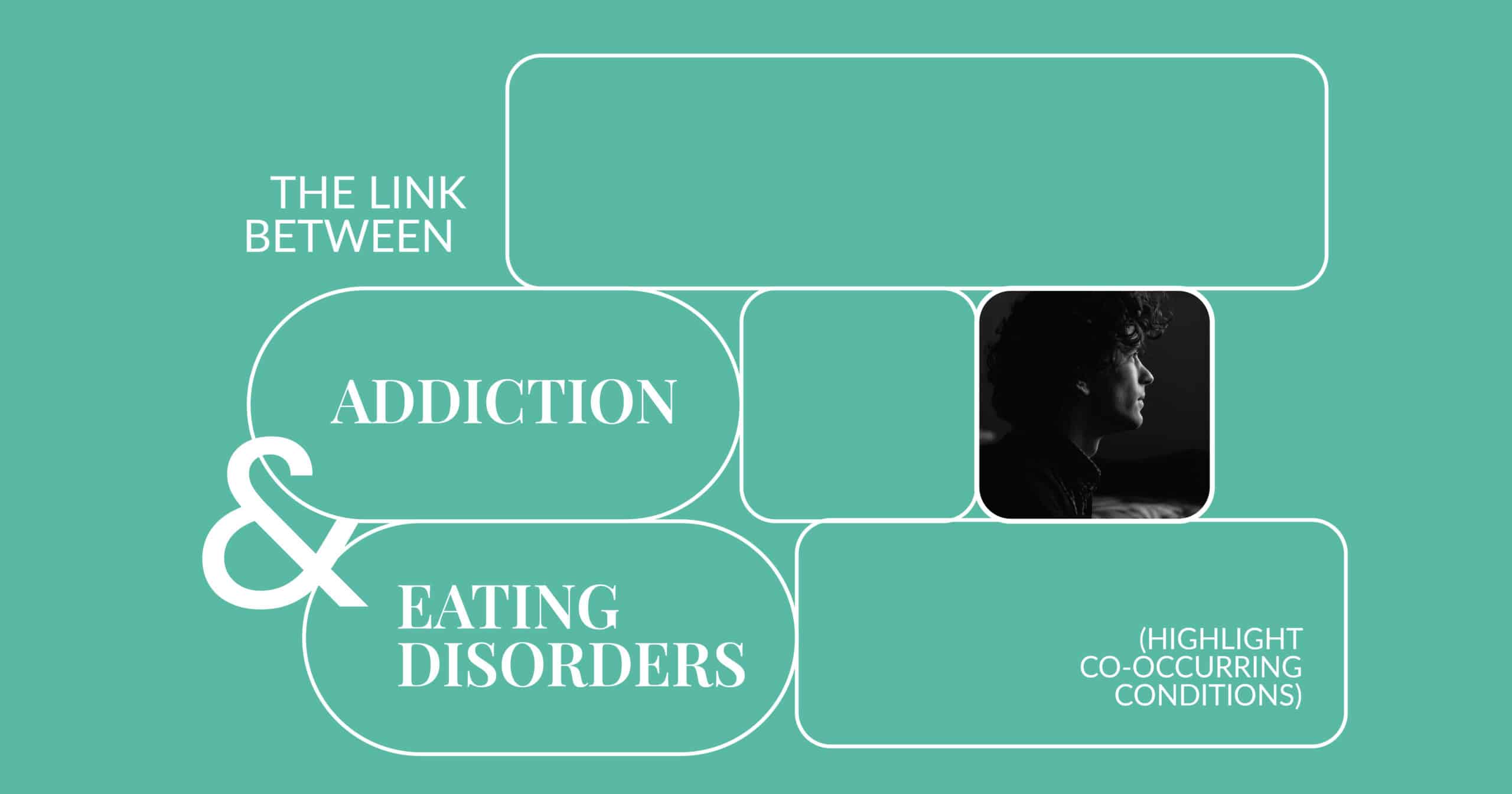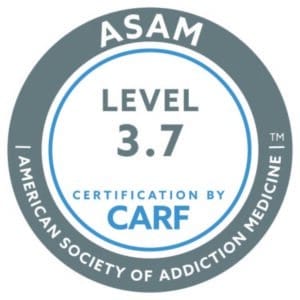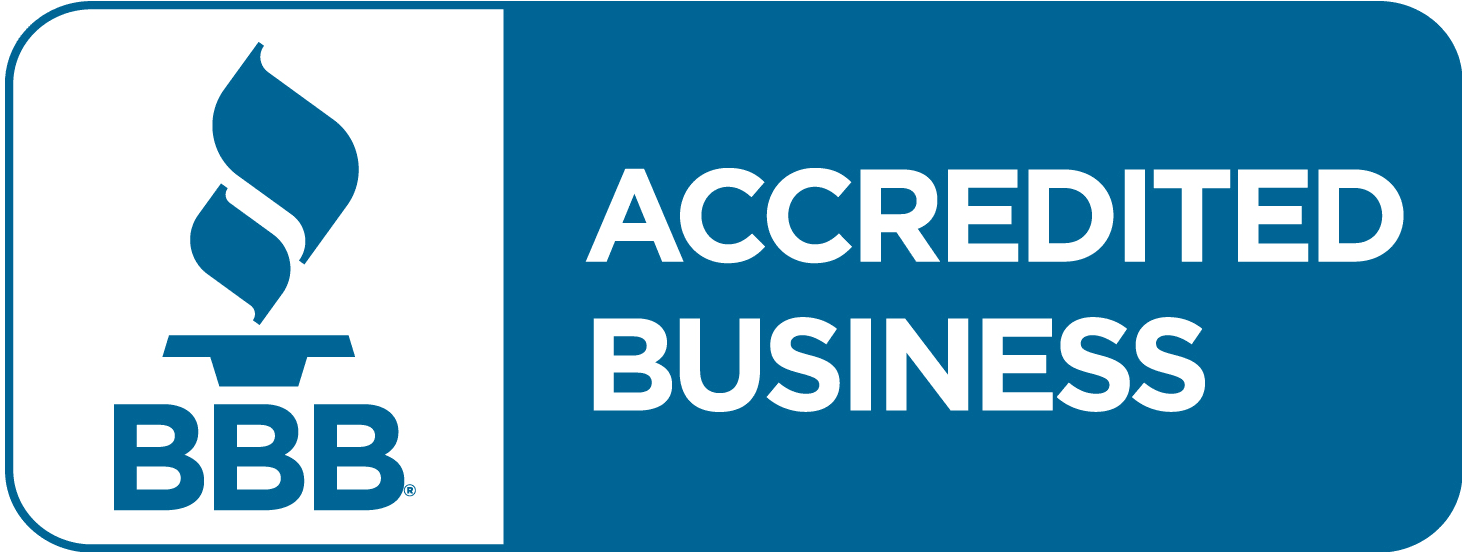In the intricate web of human behavior and psychology, the connection between addiction and eating disorders stands as a significant nexus. As we delve into this complex relationship, we uncover the shared underlying mechanisms and the nuanced ways in which these conditions intersect and influence one another. In this comprehensive guide, we illuminate the profound link between addiction and eating disorders, shedding light on co-occurring conditions and offering insights gleaned from extensive research and analysis.
Exploring the Connection: Addiction and Eating Disorders
The Shared Underpinnings
Both addiction and eating disorders stem from a multitude of factors, including genetic predispositions, environmental influences, psychological triggers, and neurobiological mechanisms. At their core, they often manifest as maladaptive coping mechanisms for underlying emotional distress, trauma, or unresolved issues.
Key Insights from Competitors: Conducting a thorough analysis of the top competitors in this field, we’ve observed a consensus on the shared etiological factors contributing to addiction and eating disorders. Integrating these insights into our discussion ensures a comprehensive understanding for our readers.
Co-Occurring Conditions: Unraveling the Complexity
Substance Use Disorder and Eating Disorders
- Bidirectional Relationship: Research indicates a bidirectional relationship between substance use disorder (SUD) and eating disorders, wherein individuals with one condition are at increased risk of developing the other.
- Common Risk Factors: Risk factors such as genetics, trauma, low self-esteem, and societal pressures contribute to the co-occurrence of SUD and eating disorders.
- Self-Medication Hypothesis: Many individuals with eating disorders may turn to substances as a means of self-medication to alleviate emotional distress or suppress appetite.
Neurobiological Correlates
- Dysregulated Reward Systems: Both addiction and eating disorders involve dysregulation of reward pathways in the brain, particularly the mesolimbic dopamine system, leading to compulsive behaviors and cravings.
- Imbalances in Neurotransmitters: Dysfunctions in neurotransmitters such as dopamine, serotonin, and norepinephrine play a pivotal role in reinforcing addictive behaviors and maladaptive eating patterns.
Psychological Factors
- Coexisting Mental Health Conditions: Individuals with addiction and eating disorders often struggle with coexisting psychological health conditions such as depression, anxiety, and trauma-related disorders.
- Cognitive Distortions: Distorted cognitions regarding body image, self-worth, and perceived control contribute to the maintenance of both addiction and eating disorders.
Treatment Implications
Understanding the intricate interplay between addiction and eating disorders is paramount for effective treatment and recovery. Integrated treatment approaches that address both conditions concurrently yield better outcomes than treating them in isolation.
- Integrated Therapy: Therapeutic modalities such as dialectical behavior therapy (DBT), cognitive-behavioral therapy (CBT), and motivational interviewing have shown efficacy in treating co-occurring addiction and eating disorders.
- Addressing Underlying Trauma: Trauma-informed care that acknowledges and addresses underlying trauma is essential for healing and breaking the cycle of addiction and disordered eating.
- Nutritional Rehabilitation: Nutritional counseling and support are integral components of treatment for eating disorders. They aim to help patients retain a healthy relationship with food and body image.
FAQs: Addressing Common Queries
Can addiction cause eating disorders, or vice versa?
AWhile the exact causal relationship is complex and multifaceted, research suggests a bidirectional association between addiction and eating disorders, with shared risk factors and underlying mechanisms playing a significant role.
What are some warning signs of co-occurring addiction and eating disorders?
Warning signs may include secretive behavior around food or substance use, fluctuating weight, mood swings, social withdrawal, and preoccupation with body image or cravings.
How can loved ones support someone struggling with both addiction and an eating disorder?
Providing nonjudgmental support, encouraging professional help-seeking, and educating oneself about these conditions can be invaluable in supporting a loved one’s journey toward recovery.
Conclusion: Navigating the Path to Healing
In unraveling the intricate link between addiction and eating disorders, we’ve uncovered a multifaceted relationship shaped by shared neurobiological, psychological, and environmental factors. Acknowledging the co-occurrence of these conditions and adopting integrated treatment approaches pave the way for healing and recovery. As we continue to expand our understanding, let us foster empathy, compassion, and support for those navigating the complex terrain of addiction and eating disorders.












